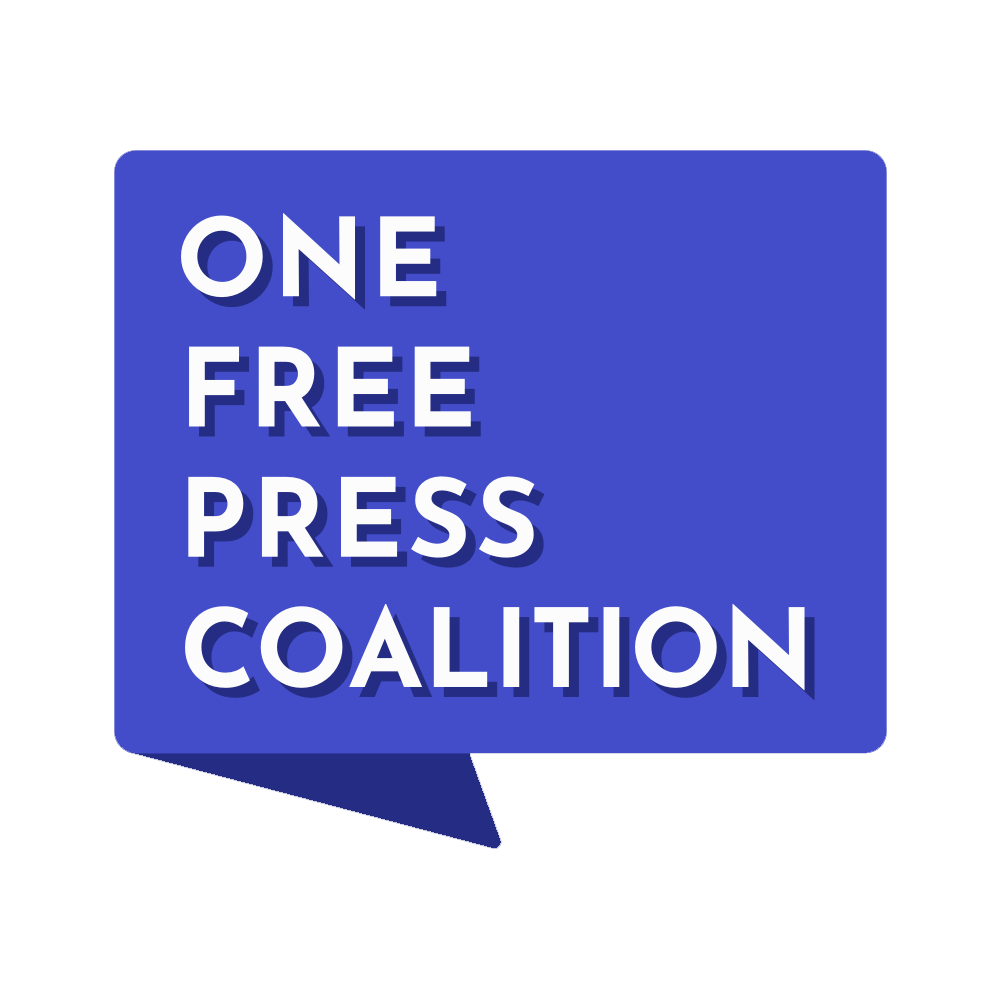On November 1, 2019 the Coalition launched the ninth monthly "10 Most Urgent" list (ranked in order of urgency), calling attention to the most pressing cases of journalists under attack for pursuing the truth.
In support of the International Day to End Impunity for Crimes Against Journalists (November 2), which UNESCO is observing with the launch of a #KeepTruthAlive campaign, this month’s list draws attention to four cases where journalists’ killers have not been held to account.
1. Jamal Khashoggi (Saudi Arabia)
No answers or justice one year after violent murder inside Saudi consulate. No independent criminal investigation has come in 13 months without answers in the brazen killing of Washington Post columnist Jamal Khashoggi. Pressured by recent attacks on Saudi oil facilities, the Kingdom’s crown prince spoke out in September denying any role in the murder but did claim responsibility for the “mistake” on behalf of consulate workers in Istanbul. Yet, findings from the UN and CIA point to his involvement. Stateside, President Donald Trump blew a Congressional deadline to release intelligence reports under the U.S. Global Magnitsky Act.
2. Daphne Caruana Galizia (Malta)
Investigation initiated two after reporter’s murder in Malta. October 16 marked two years since Panama Papers investigative reporter Daphne Caruana Galizia was murdered in a car-bomb blast in Malta. In September the Maltese government announced the establishment of a public inquiry, calling on investigators to ensure the process is fully independent and impartial. Three men are currently in detention in relation to the killing; however, the perpetrators, including the masterminds, have yet to be brought to justice and no trial dates have been announced.
3. Esraa Abdel Fattah (Egypt)
Egyptian journalist imprisoned and tortured. On October 13 security officers arrested Esraa Abdel Fattah, a reporter and social media coordinator for banned news website Tahrir News and one of at least seven journalists detained in Egypt amid anti-government protests that began in mid-September. The next day Abdel Fattah announced on social media she would begin a hunger strike to protest abuse while in custody; officials had taken her to an undisclosed location, beat her, hung her from handcuffs for hours, and choked her while demanding she give up her cellphone password.
4. Azory Gwanda (Tanzania)
Tanzanian authorities withholding information about missing journalist. Come November 21, two years will have passed in the disappearance of freelance journalist Azory Gwanda, who had been investigating mysterious killings in rural Tanzania. The government has failed to conduct a credible investigation or disclose information. In July, Tanzanian Foreign Minister Palamagamba Kabudi said Gwanda had “disappeared and died” but then backtracked amid requests for clarification.
5. Miroslava Breach Velducea (Mexico)
Trial idling in murder case of Mexico City correspondent. Trial is ongoing—with the next court date undetermined—for the suspected killer of La Jornada correspondent Miroslava Breach Velducea, who was murdered in March 2017 in connection to her reporting on links between politicians and organized crime. The Mexico City newspaper reported that a note reading “for being a snitch” was found at the scene. With five confirmed deaths this year, Mexico ranks as the deadliest country for the profession.
6. Shujaat Bukhari (India)
Suspects at large in shooting death of Indian editor. Two police officers and Shujaat Bukhari, the founder and editor of Rising Kashmir newspaper, were shot and killed by several unidentified individuals outside Bukhari’s office in June 2018. He had recently written a piece for India’s Scroll news website, welcoming the government’s suspension of military operations against alleged terrorists during the month of Ramadan—and had approached a former chief official for “increased security.” Police identified four suspects, one who was later killed in a shootout; subsequent updates have stagnated.
7. Nafosat Olloshukurova (Uzbekistan)
Uzbek blogger held in detention and psychiatric care. For the past month, Uzbek authorities have kept blogger Nafosat Olloshukurova in a Khorezm regional psychiatric center, following 10 days of detention on charges of petty hooliganism and participating in unauthorized assemblies. Her family has not seen or been able to contact her since September 23. She had been documenting journalist and poet Mahmud Rajabov’s march to the capital Tashkent to petition for dropping a criminal case against him.
8. Mahmoud Hussein (Egypt)
Journalist’s pre-trial detention repeatedly extended in Egypt. Mahmoud Hussein, a journalist working with Al Jazeera, has spent more than 1,000 days in pre-trial detention in Cairo’s Tora Prison Complex since his December 2016 arrest on anti-state and false news charges. His detention, which was initially pegged for 15 days, has been repeatedly renewed every 45 days and stems from a 2016 documentary about conscription in Egypt, which the government claims uses fake footage and aims to incite chaos.
9. Agba Jalingo (Nigeria)
Pending trial could carry life sentence for Nigerian publisher. Eight days after his August 22 arrest in Lagos, Nigerian federal authorities charged Agba Jalingo, publisher of privately owned online news outlet CrossRiverWatch, with disturbance of public peace and treason for writings and social media posts about Governor Benedict Ayade. Courts are granting witnesses anonymity in closed testimony, calling into question the possibility of a fair trial. A guilty verdict for treason could sentence Jalingo to life in prison, while disturbance could carry up to three years.
10. Martin Inoua Doulguet (Chad)
Fines and unequal punishment exacted upon Chadian newspaper leaders. Martin Inoua Doulguet, director of Salam Info newspaper, is imprisoned awaiting a date to appeal his three-year sentence commenced in September following criminal charges of conspiracy and defamation brought by a former Chad government health official. The director of Le Moustik newspaper was found guilty of the same but received no jail time, while both are subjected to fines: each to pay one million Central African francs ($1,675) to the state and joint responsibility for 20 million francs ($33,514) in plaintiff damages.
